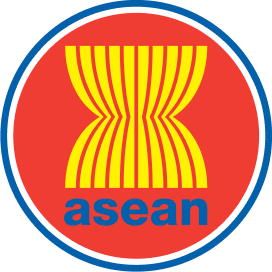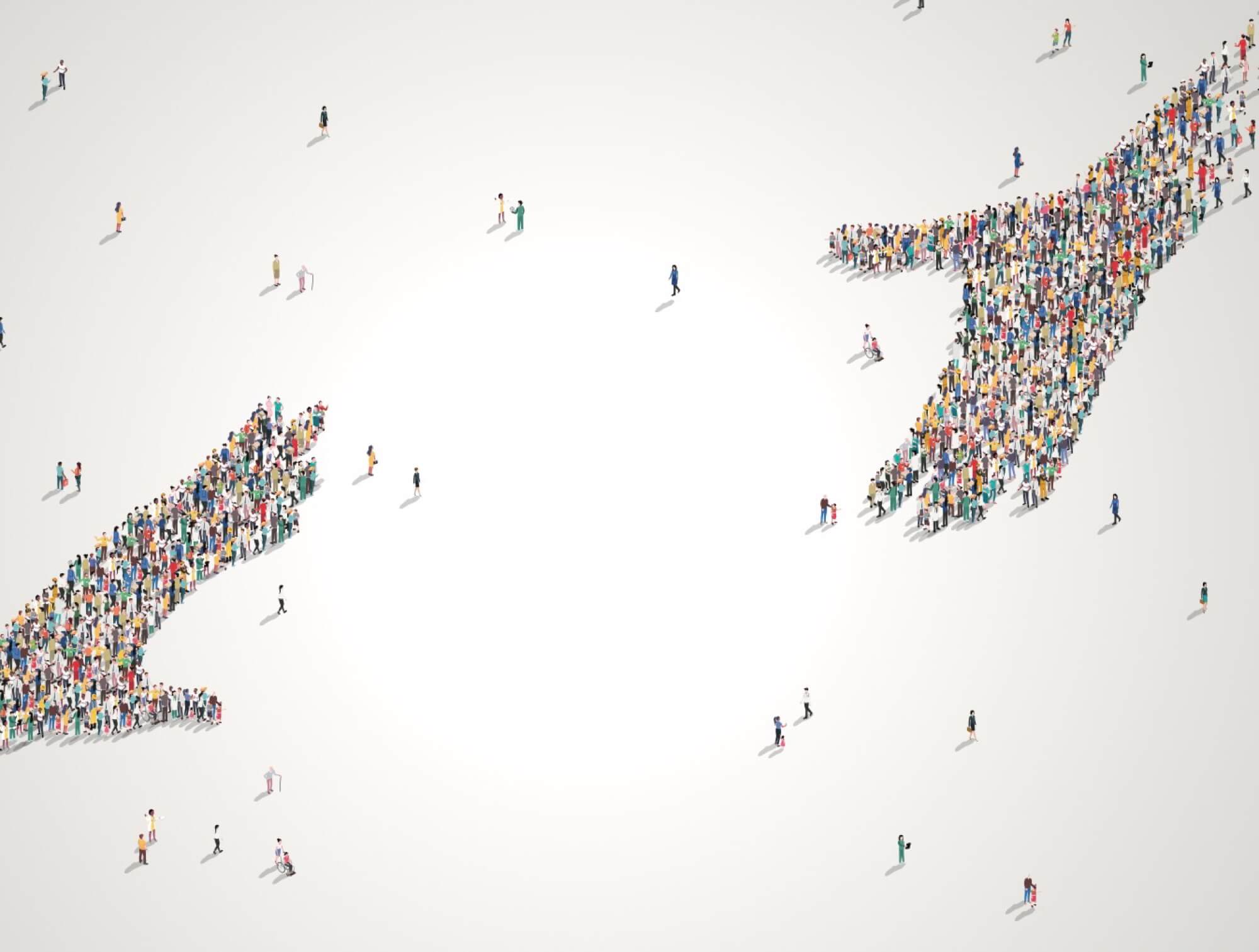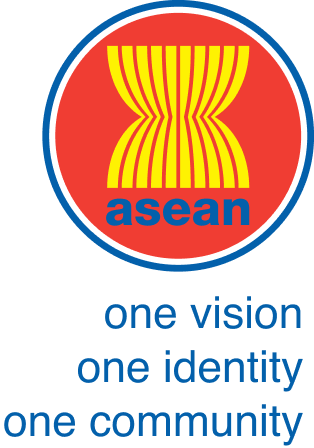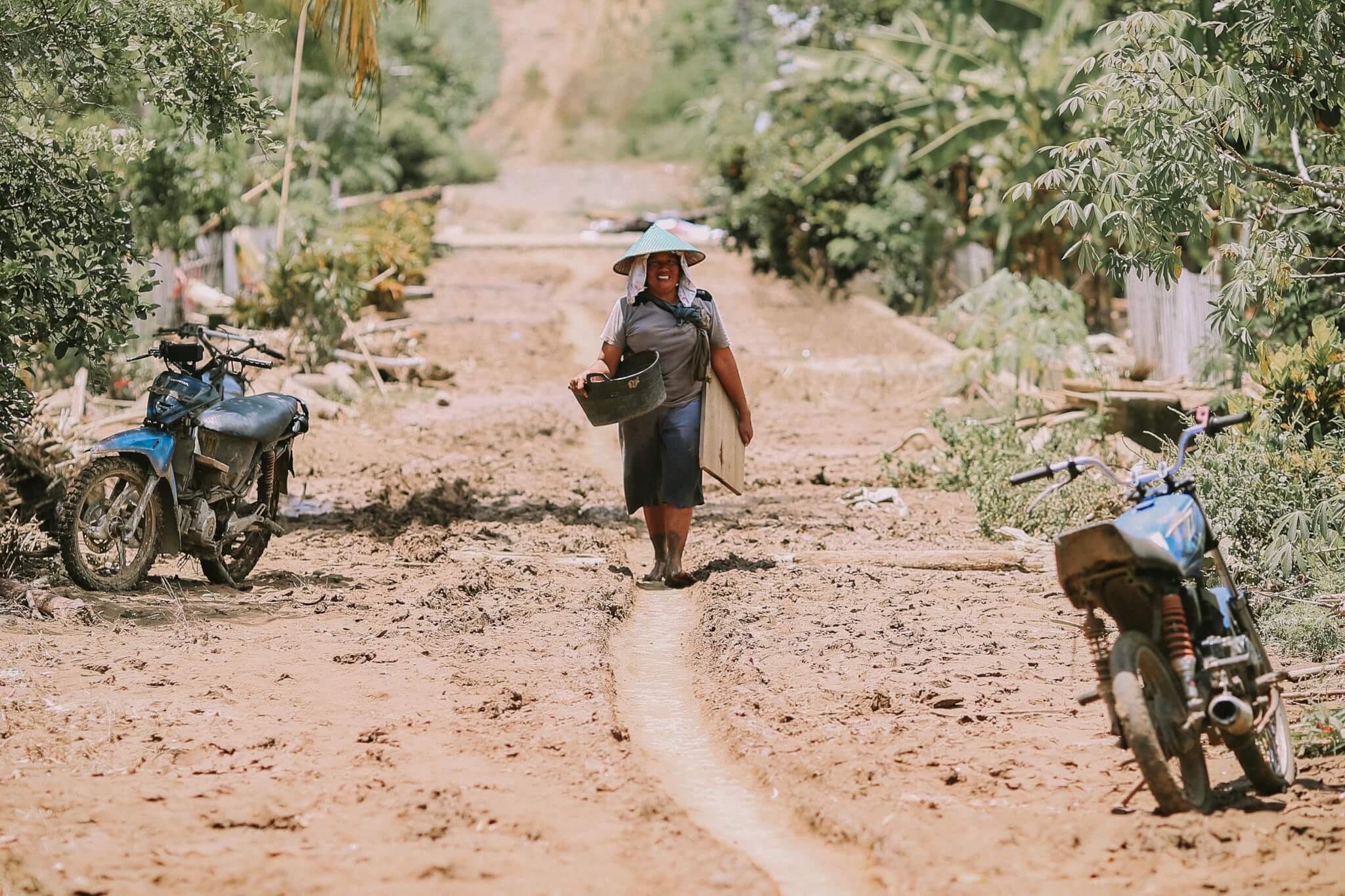


The ASEAN Declaration on the Gender-Responsive Implementation of the ASEAN Community Vision 2025 and the Sustainable Development Goals (SDGs), adopted on November 13, 2017, at the 31st ASEAN Summit in Manila, Philippines, serves as a roadmap for achieving gender equality across Southeast Asia. This article explores how ASEAN member states are translating this vision into action through national initiatives, while also highlighting the strong regional initiatives undertaken by ASEAN.
ASEAN’s Regional Initiatives
The ASEAN Committee on Women (ACW) and the ASEAN Commission on the Protection and Promotion of the Rights of Women and Children (ACWC) play a key role in propelling regional efforts. Knowledge-building initiatives such as the project on ensuring the legal identity of women and children in ASEAN in 2020, and the Assessment of Gender Equality and Climate Change in ASEAN Report in 2022 inform policy decisions. The ASEAN Gender Outlook published in 2021 and the ASEAN Gender Mainstreaming Strategic Framework in 2022 provide a comprehensive regional approach. Studies such as an ongoing one on women’s political participation and leadership in ASEAN further strengthen the knowledge base.
The Declaration on Women’s Entrepreneurship in ASEAN (2022) and the ASEAN Women Leaders’ Summit in 2020 and 2022 actively promote women’s economic and political participation. Regional initiatives like the Regional Campaign on Elimination of Gender-based Workplace Exploitation address critical challenges.
ASEAN also pursues a whole-of-ASEAN approach to addressing women empowerment. Efforts to integrate gender equality into the work of the Rural Development and Poverty Eradication Sector (RDPE) also exist such as the Gender Mainstreaming Workshop in Rural Development and Poverty Eradication in 2019. Similarly, the ASEAN Guidelines on Gender Mainstreaming into Labour and Employment Policies in 2020 along with training workshops and pilot implementation, demonstrate the Labour Sector’s commitment. The Project on Mainstreaming Gender in HR Policies within the Civil Service sector further strengthens this commitment across various sectors. Further, the ASEAN Plus Japan Meeting on Women and Sports and the project to promote women and girls’ participation in sports (2019) highlight ASEAN’s efforts to achieve gender equality in all spheres.
Most importantly, the ASEAN Declaration on the Gender-Responsive Implementation of the ASEAN Community Vision 2025 and the Sustainable Development Goals (SDGs) is not an isolated effort. Since its adoption, ASEAN has adopted other declarations and initiatives, demonstrating a growing regional commitment to gender equality. This interwoven tapestry of national initiatives and regional programs paints a hopeful picture of an ASEAN where all women and girls can thrive.
